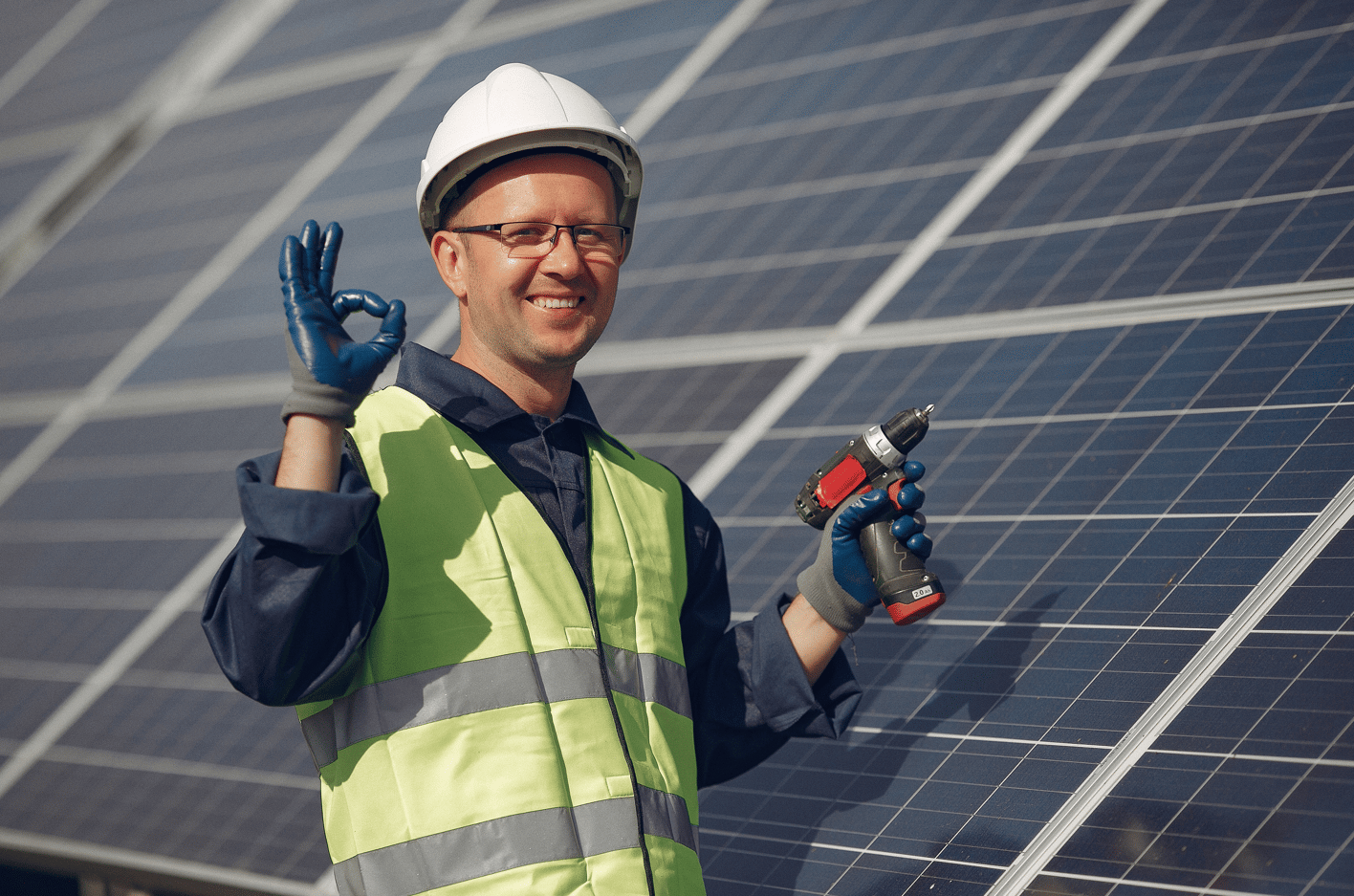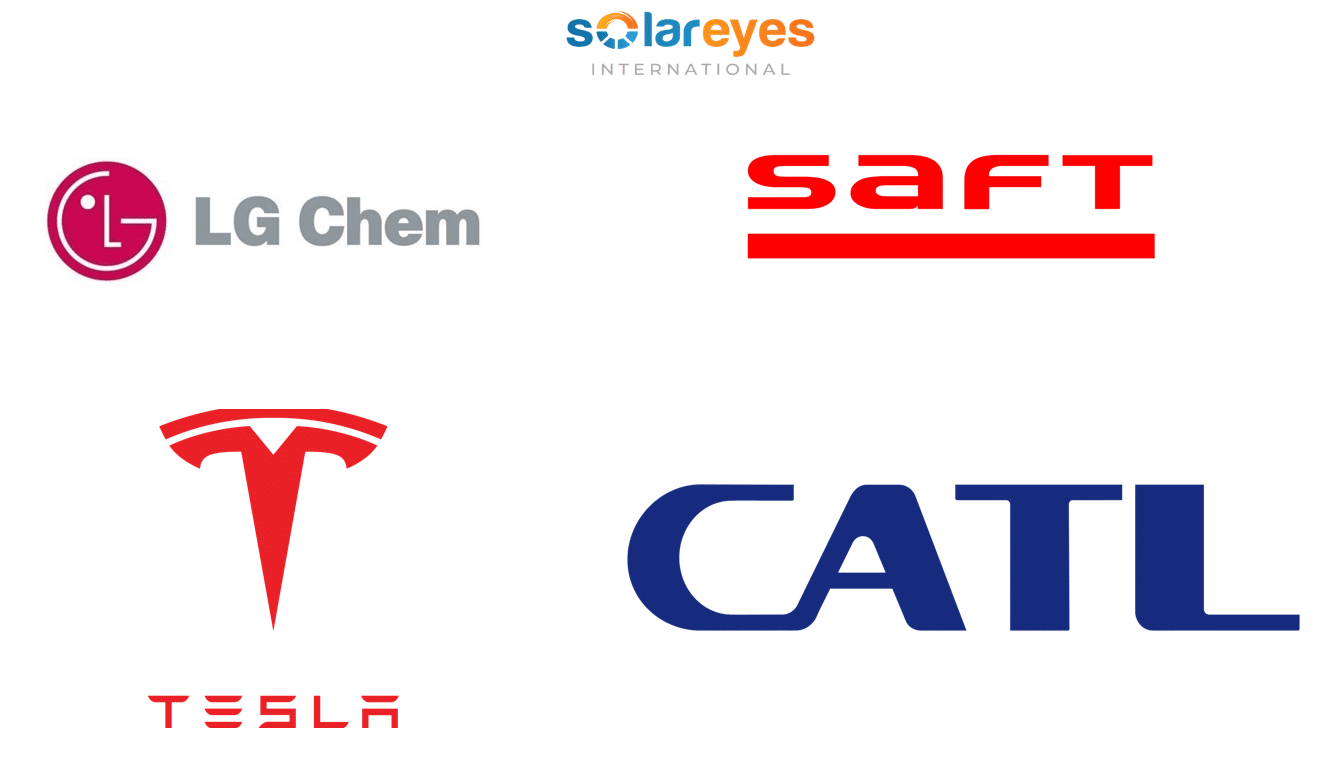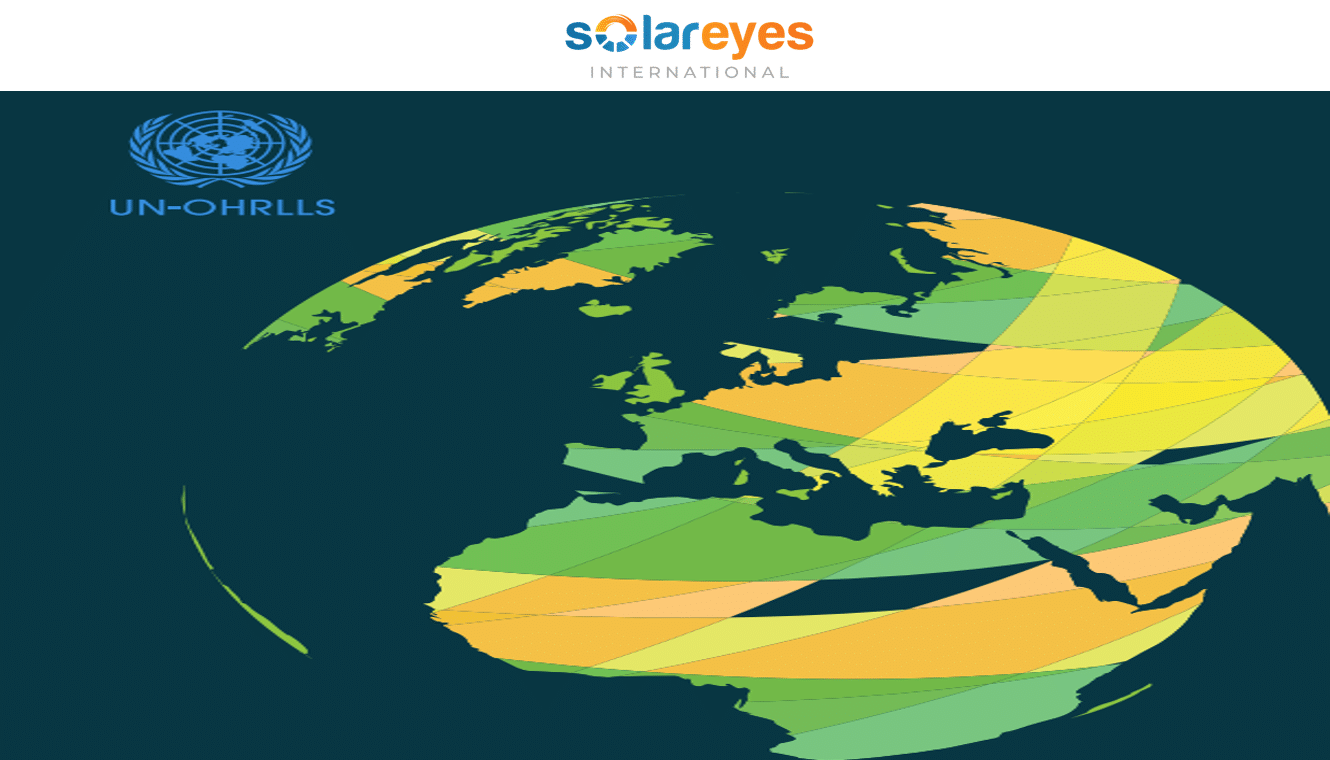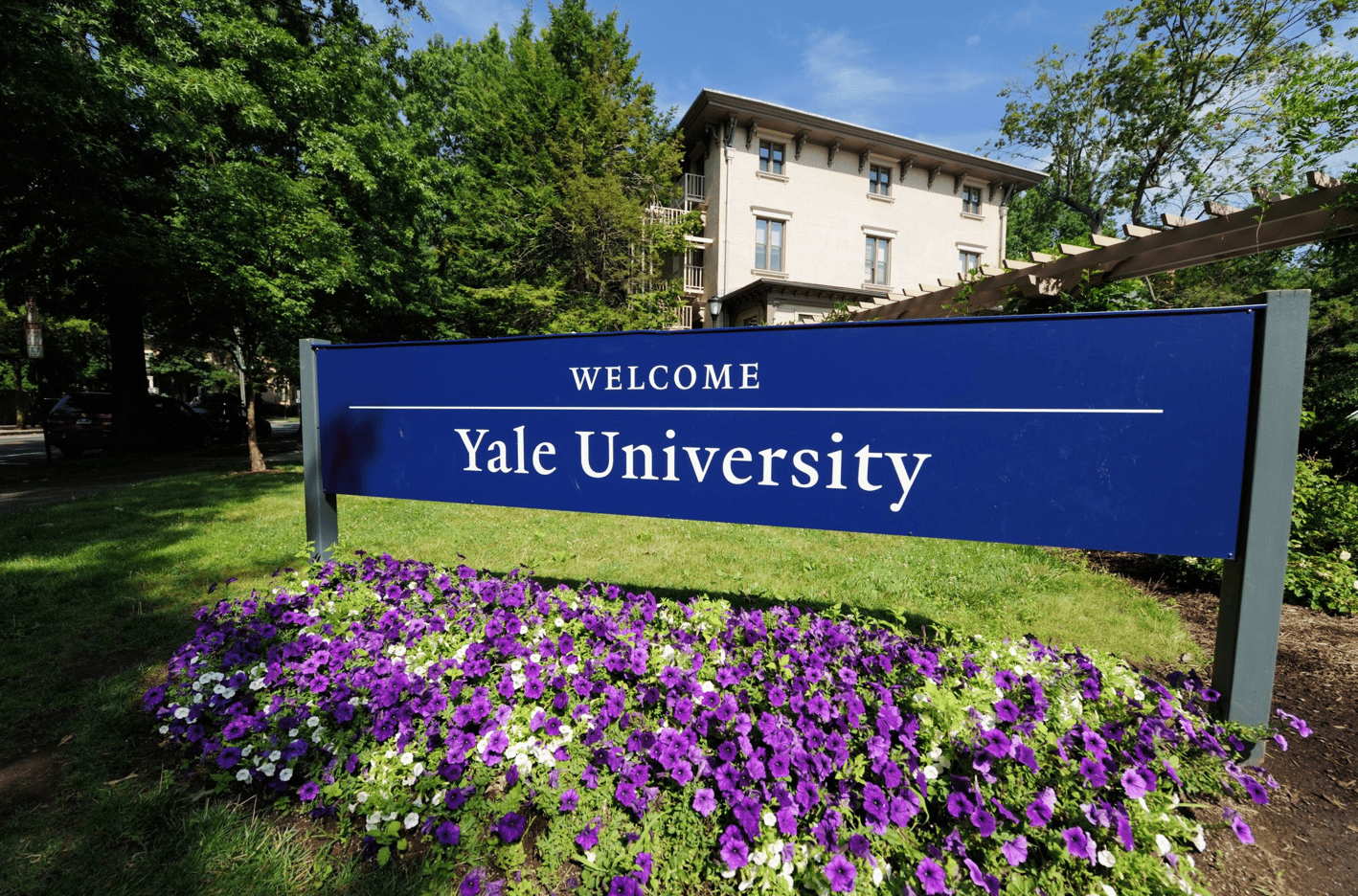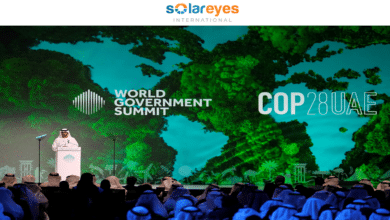IMPORTANCE OF ENERGY SKILLS TRAINING INSTITUTIONS IN AFRICA – 7 Institutions to watch
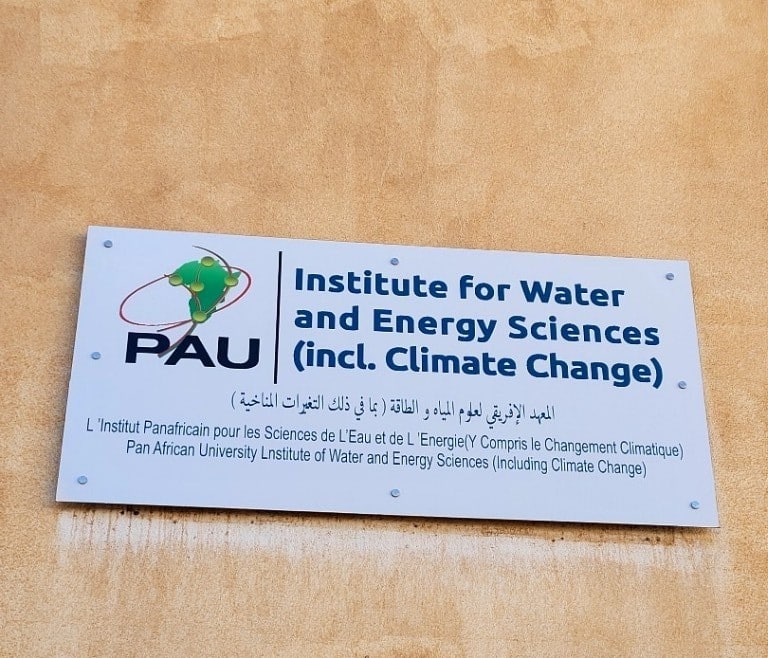
Investing in energy access without human capital or effective plan on energy skills development is like planning for the future where no one will be knowing how to do it.
Perhaps Africa as a continent should be realizing the need to rise up and train her own champions in energy skills for it to rescue itself from energy poverty.
SUCCESS STORY: VITALITE – Electrifying Zambian rural and peri-urban households through solar
Investments in the energy sector should without fail target training of highly skilled personnel who will be able to get the work done. Examples of key energy skills areas include solar cells and solar panel manufacturing, storage systems, biogas systems, wind technology and hybrid systems among others.
Africa can easily use renewable energy to catch up with the developed countries on its access to electricity and leap frog the same way it has done in other technologies such as telecommunications. To do this the undoubtedly existing energy skills gap should be addressed and Africans need to be trained on these technologies and lead the revolution of their own continent.
SolarEyes International, 2022
Perhaps the best way to achieve this will be through scholarships and exchange programs for energy skills development. For this to be effective all education levels should be covered such as TVETS, undergraduate degree, master degree programs, PhD programs and some short course programs.
*** ALSO CHECK: WHAT IS A SOLAR HOME SYSTEM (SHS) – 7 treasure things to know
Energy skills gap is one of the challenges in pushing renewable energy especially in Africa. Training Institutions play a very crucial role in developing the human capital needed in the energy access challenge. Local people who understand the area, culture and surroundings need to be trained and equipped with skills to fill this gap.
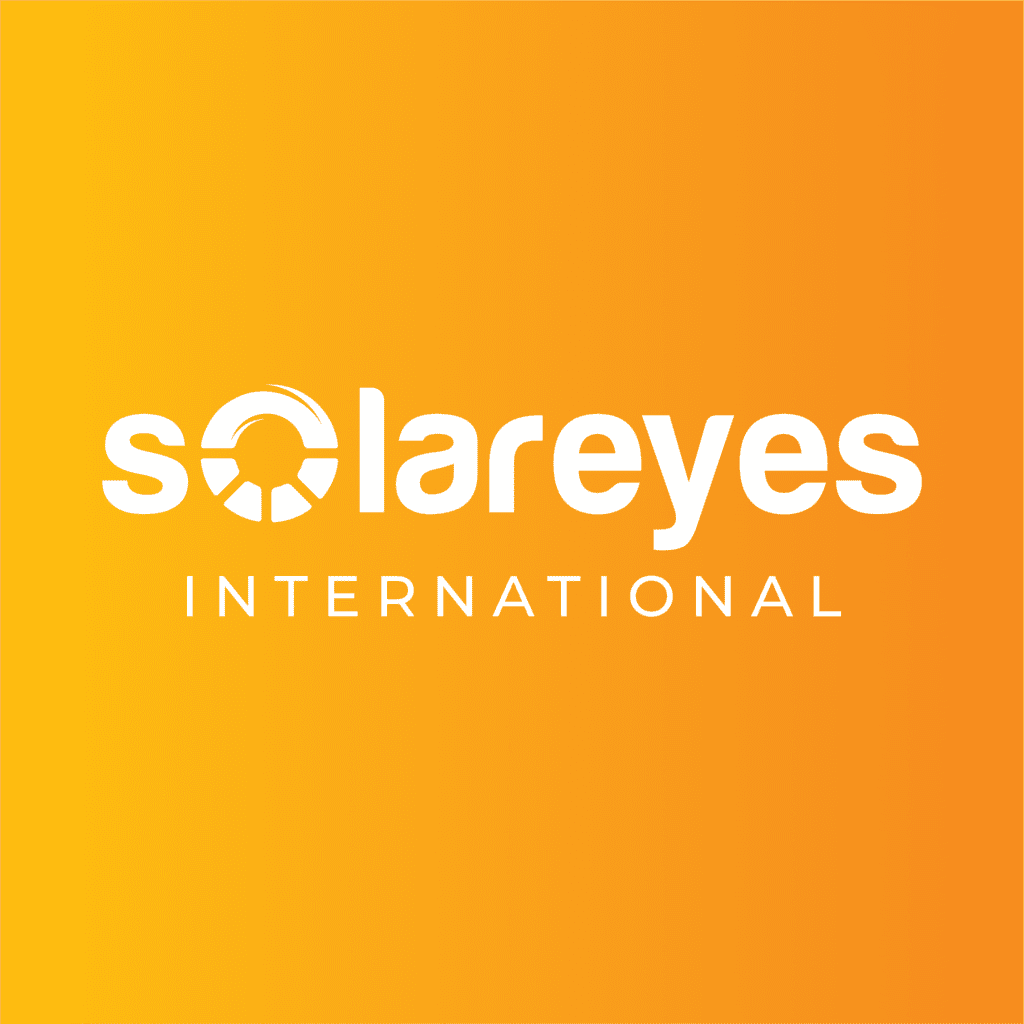
The youths of today have a great deal of potential to contribute to the energy transition in a variety of ways, including by participating in local and global decision-making processes and by providing a skilled workforce to support the growth of value chains for renewable energy and renewable energy skills.
Luckily in Africa a number of institutions have been set up and are working towards energy skills development. If managed well, such institutions can bring a very huge impact in the access to energy for Africa. It is good to note that many of these institutions function on a massive support from some of the developed countries and government support.
Universities help reduce the energy skills gap by offering and training people for undergraduate, masters degrees and PhD programs. Managerial and supervisory skills are usually developed from these universities.
Colleges, polytechnic and technical and vocational education and training (TVET) centers are a strong pillars for this energy skills development. Technicians, installers and community champions are usually practically trained from these institutions.
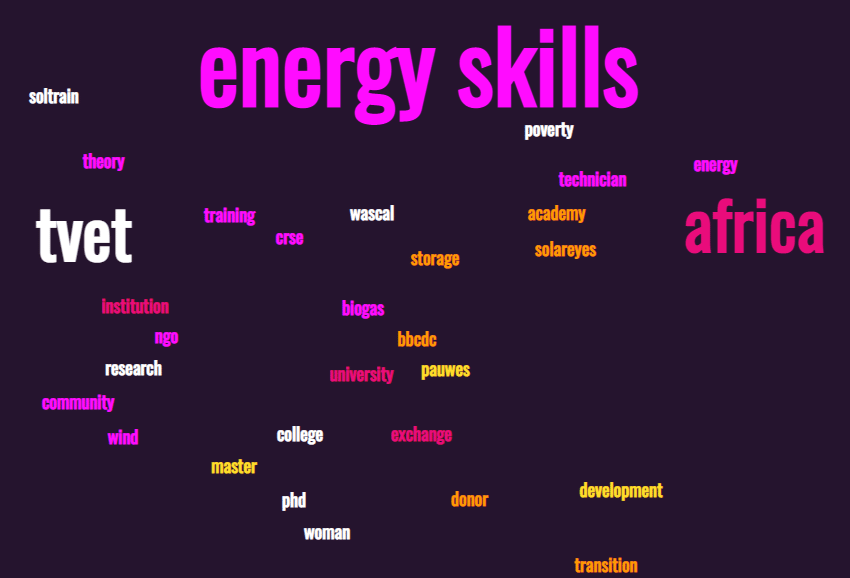
Energy Skills Institutions in Africa
1. Pan African University Institute of Water and Energy Sciences (PAUWES)
PAUWES is based in Tlemcen, Algeria. Founded by the African Union under the Pan African University banner and funded by the Germany government. Focusses on masters and PhD programs in energy engineering, energy policy and climate change.
PAUWES runs yearly masters and PhD scholarships. Graduates from PAUWES have been taken by strong companies and institutions such as various United Nations institutions, African Development Bank, World Bank, SEforALL, GIZ, Schneider Electric, Green Climate Fund, Welthungerhilfe and respective government organizations among others.
HOW TO SIZE A SOLAR SYSTEM – 5 clear steps anyone can follow
PAUWES targets youths and women in their programs which are a mix of theory and some practical research internships and exchange programs. PAUWES students come from all over Africa.
Entrepreneurship and innovation has been prioritized in the past few years at this Tlemcen based institution witnessed by a lot of awards for their students in the global space. Students from PAUWES have won global awards that include Schneider Go Green Competition, The Geneva Challenge, Green Enterprize Innovation Challenge and Solar Decathlon Africa.
2. Institut International d’Ingénierie de l’Eau et de l’Environnement (2iE)
2iE is based in Ouagadougou, Burkina Faso. It is a higher and tertiary education and well reputed research center which is a member of the Conférence des grandes écoles (CGE). The institution is well grounded and has produced some remarkable research work on energy.
2iE partners include EDF, TotalEnergies, Scatec Solar and Sonabel. The institution offers PhD programs, masters, undergraduate, research and other certifications such as Entrepreneurship certificates. Training at 2iE is research and practical focused.
ENERGY SAVING TIPS – 7 tips to save money through energy savings
3. West African Science Service Centre on Climate Change and Adapted Land Use (WASCAL)
WASCAL is a large-scale research-focused climate service center formed with the goal to combat climate change and improve the resilience of human and environmental systems to climate change and increased variability.
By combining the knowledge of 10 West African nations with Germany, WASCAL strengthens the region’s climate change research infrastructure and capabilities. WASCAL students come from all over West African countries.
*** ALSO CHECK: VITALITE – Electrifying Zambian rural and peri-urban households through solar
4. Bethel Business and Community Development Centre (BBCDC)
BBCDC is based in Lesotho and focuses on renewable energy and climate change skills development targeting communities.
BBCDC trains on technical and commercial skills and is located in a rural area where the disadvantaged youths and women can get access to its training programs. Some key examples of energy skills trainings for BCDC include solar PV installation solar cook stoves, carpentry and solar thermal.
*** ALSO CHECK: WHAT IS A SOLAR HOME SYSTEM (SHS) – 7 treasure things to know
5. Southern African Solar Thermal Training (SOLTRAIN)
SOLTRAIN focuses on solar thermal energy skills training in Southern African countries. SOLTRAIN partners with governments institutions, renewable energy associations, higher and tertiary institutions and solar companies to provide training in the solar thermal domain.
*** ALSO CHECK: LIVING UNDER THE GRID IN ZIMBABWE – little known facts about this catastrophe
SOLATRAIN trainings range from basics of solar thermal to practical installations of solar thermal systems. Usual trainings will be hands on and targets the people that are already in the field or those that are aspiring to be but lack skills.
There has been a lot of progress on skills training and projects initiated by SOLATRAIN in Southern African countries.
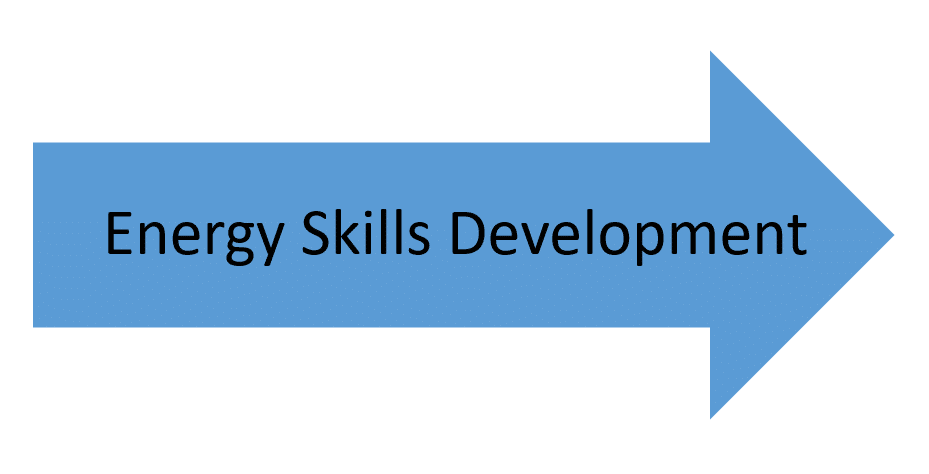
6. Stellenbosch University, Centre for Renewable and Sustainable Energy Studies (CRSES)
CRSES is based in South Africa at Stellenbosch University. Through cutting-edge training programs, awareness campaigns, consulting services, and research into renewable and sustainable energy sources, CRSES helps to ensure that Africa has a sustainable future.
Main activities for CRSES include training, flagship projects, advisory services, awareness and research. Since 2012 more than 600 students and more than 1600 people have been trained on short courses.
7. GREEN Solar Academy
Green Solar Academy is based in Johannesburg, South Africa and operate training centers for solar technology represented by partners in in South Africa, Namibia, Zimbabwe, Angola, Mozambique and is presently expanding to Ghana and Togo.
Courses offered by Green Solar Academy include Solar 101, Designer Commercial PV and PV GreenCard & Exams among others. A lot of technicians have been trained through Green Solar Academy’s tailored and practical courses.
SOLAR SYSTEM COMPONENTS AND THEIR FUNCTIONS
In Conclusion
It is vital to note that various non-governmental organizations (NGOs) contribute to energy skills development and in many of the above training institutions it is the NGOs that act as donors to sustain the institutions’ day to day operations. They fund training programs mainly targeting less privileged youths and women.
*** ALSO CHECK: SOLAR FOR FESTIVE SEASON – 10 ways to spent the festive season with lights on
Respective renewable energy associations help to set up guidelines and training in the renewable energy sector in different countries. These associations and regulating organizations sets the plan and goal for enhancing the energy transition and energy skills development.
Energy training institutions in Africa play a pivotal role in energy skills development and contest to increase energy access in the continent. The idea is to train youths in key energy skills such that they will help craft and implement renewable energy policies for an energy poverty free Africa.
FOLLOW US
*** ALSO CHECK: VITALITE – Electrifying Zambian rural and peri-urban households through solar
WHAT IS A SOLAR HOME SYSTEM (SHS) – 7 treasure things to know
LIVING UNDER THE GRID IN ZIMBABWE – little known facts about this catastrophe
HOW TO SIZE A SOLAR SYSTEM – 5 clear steps anyone can follow
AWEaP – enhancing participation of African Women in the Power and Energy Sector


